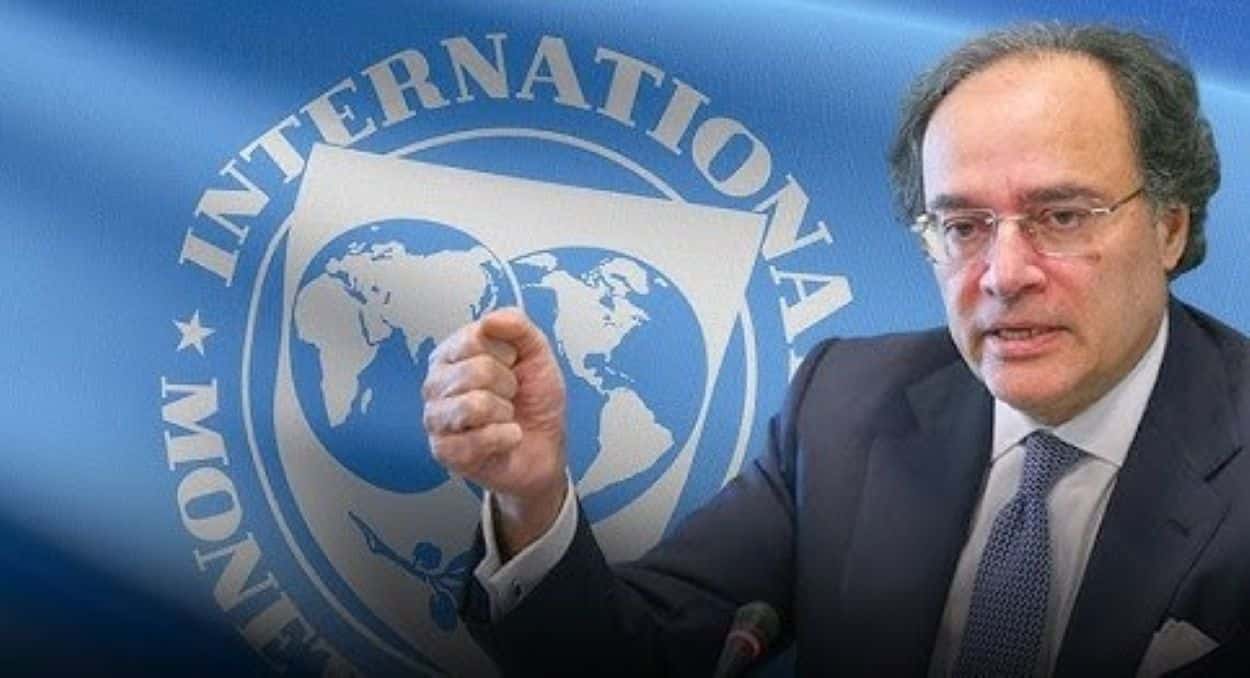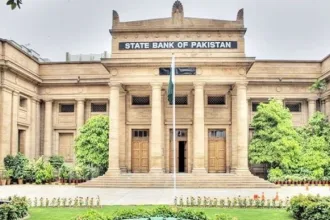The IMF has proposed two options to the Pakistani government: introducing a mini-budget to address an Rs189 billion revenue shortfall or devising a plan to cut excessive expenditures.
Finance Minister Mohammad Aurangzeb has begun talks with the International Monetary Fund (IMF), pressing Pakistan to boost its revenue collection. Finance Secretary Imdad Ullah Bosal and Federal Bureau of Revenue (FBR) Chairman Rashid Mehmood Langrial launched the initial session with the IMF team in Islamabad from November 11 to 15. How the IMF will react remains uncertain, but addressing its concerns appears challenging.
The finance minister reported to the IMF that the country’s tax system garnered Rs11 billion from retailers, wholesalers, and distributors in the first quarter of the fiscal year. However, the Tajir Dost Scheme (TDS) failed to achieve its expected outcomes, collecting only Rs1.7 million against a target of Rs10 billion for the quarter.
Read: No Country Willing to Roll Over Loans, Says Finance Minister Aurangzeb
A senior official explained that the TDS aimed to integrate retailers and wholesalers into the tax system, a goal it met as the FBR collected an additional Rs11 billion through standard taxation in the first quarter. To encourage compliance, the FBR significantly increased tax rates for transactions with non-filers under sections 236G and 236H of the Income Tax Law, resulting in these groups paying an additional Rs11 billion in taxes by September 30, 2024.
Tax return filers have risen notably, accelerating the economy’s documentation process. Under section 236G, manufacturers or commercial importers must collect advance tax at specified rates from distributors, dealers, and wholesalers at the time of sale. Except for fertiliser sales, this tax rate is 2% of the gross sales amount.
Similarly, under section 236H, manufacturers, distributors, dealers, wholesalers, or commercial importers must collect a 2.5% advance tax on gross sales to retailers at the time of sale. Tax credits for these collections are applicable in the tax year they were collected.
The Power Division has also informed the IMF about its plan to impose higher fixed rates on on-grid solar energy to discourage solarisation, seeking IMF approval for this strategy.
The IMF Staff Mission is assessing the need for mid-course corrections to prevent deviations from this fiscal year’s fiscal and external framework. They visited Islamabad earlier than scheduled for the first review under the $7 billion Extended Fund Facility, primarily due to fiscal discrepancies in the initial four months.
Officials expressed concerns that the fiscal gap might expand significantly without immediate corrections by February-March 2025. Given limited options for reducing expenditure, the more likely approach might involve introducing a mini-budget to increase the tax-to-GDP ratio to the required level.






